
A diesel engine that’s overheating can quickly become a big problem if not addressed promptly. High temperatures can damage engine parts, leading to costly repairs and leaving you stranded on the side of the road. Understanding why diesel engines overheat and knowing how to fix these issues is crucial for any car owner.
There are many reasons a diesel engine might overheat, from cooling system failures to insufficient coolant levels. Knowing the common causes can help you pinpoint the issue faster and take action before things get worse. Regular maintenance can also prevent overheating issues, ensuring your engine remains in top shape for every journey.
Spotting early warning signs is essential for keeping your engine from enduring severe damage. Once you recognize that your engine is getting too hot, a few quick actions might save you from a hefty repair bill. Taking steps to fix overheating problems not only protects your engine but also keeps your vehicle running smoothly for years to come.
When a diesel engine overheats, it could be due to a number of reasons, and spotting them early can help you avoid extensive damage. One of the main causes is cooling system failures. If the cooling system isn’t working properly, it won’t cool the engine efficiently. This can happen if there’s a leak in the system, often caused by worn-out hoses or a damaged radiator.
Another common culprit is a lack of coolant. Coolant is essential to your engine’s cooling system. Without enough of it, the engine can quickly overheat. This can be due to leaks or evaporation over time. Additionally, a malfunctioning water pump can be to blame. The water pump circulates coolant through the engine, and if it’s not working, the engine will overheat.
A faulty thermostat can also cause problems. A thermostat regulates the flow of coolant, and if it’s stuck closed, the coolant won’t circulate properly. Lastly, the serpentine belts that drive the cooling fan and water pump need to be in good shape. If these belts break or slip, it could lead to overheating.
Coolant plays a vital role in keeping your diesel engine at the right temperature. Its job is to absorb the excess heat from the engine and release it through the radiator. This helps prevent the engine from getting too hot. But without proper maintenance, coolant can’t do its job effectively, leading to overheating issues.
Keeping the cooling system well-maintained ensures that it performs at its best. Here are some essential maintenance tips to keep your cooling system in check:
Following these steps will keep your cooling system in top condition, helping prevent those dreaded overheating issues. Regular maintenance might seem like a chore, but it pays off in the long run by keeping your engine healthy and running smoothly.
Recognizing the warning signs of an overheating diesel engine can make a big difference in preventing severe damage. One of the most noticeable signs is steam coming from under the hood. This occurs when the coolant overheats and begins to boil. If you see steam, it’s crucial to stop your vehicle as soon as it’s safe to do so.
Another indicator is a spike in the temperature gauge. If the needle climbs into the red zone, your engine is likely overheating. You may also notice unusual smells, like a sweet scent from coolant leaks or a burnt smell from overheating parts. These odors should not be ignored, as they signal that something is wrong.
When these signs appear, take immediate action to prevent further damage. First, find a safe spot to pull over and turn off your engine. Allowing it to run will only make the problem worse. Next, check your coolant levels after the engine has cooled down. Opening the radiator cap with a hot engine can lead to burns from steam, so give it time to cool first. Adding coolant might provide a temporary fix until you reach a mechanic.
Dealing with an overheating diesel engine requires swift and effective solutions. For a quick fix, you can add coolant or water to the radiator (as a temporary measure) if it’s low, which can help bring down the temperature temporarily. Always carry a spare jug of coolant in your vehicle for emergencies.
However, for a more reliable solution, it’s best to tackle the root cause of the overheating issue. Regular inspections and maintenance of your cooling system can greatly improve its performance. Check hoses and belts regularly to ensure they’re in good condition and replace them if they show signs of wear or damage.
Consider an engine coolant flush if your coolant is old or contaminated. This process clears out old coolant and any particles that can cause clogs, allowing fresh coolant to work efficiently. It’s also essential to ensure the thermostat and water pump are functioning properly. A faulty thermostat or a worn-out water pump can disrupt coolant flow, leading to overheating.
If your engine frequently overheats, it might be time to have a professional inspect and repair the system. A skilled mechanic can identify issues that aren’t obvious, such as clogged radiator fins or hidden leaks, ensuring your engine stays cool and efficient.
Keeping your diesel engine cool is essential to preserving its longevity and avoiding costly repairs. By understanding the common causes of overheating and recognizing warning signs early, you can address these issues before they escalate. Regular maintenance of your cooling system plays a critical role in preventing overheating and ensuring your engine runs smoothly.
At Airline Auto Parts, we know how important it is to keep your vehicle in top condition. If you need replacement parts or expert advice, we’re here to help. Our extensive inventory and commitment to customer service make us your go-to source for all your diesel engine needs. Contact us today to keep your diesel engines in Houston, TX, running cool and strong.

February 15, 2026 Why Drivers Turn To Used Car Parts In Ho...
When To Replace A Used Engine In Houston...
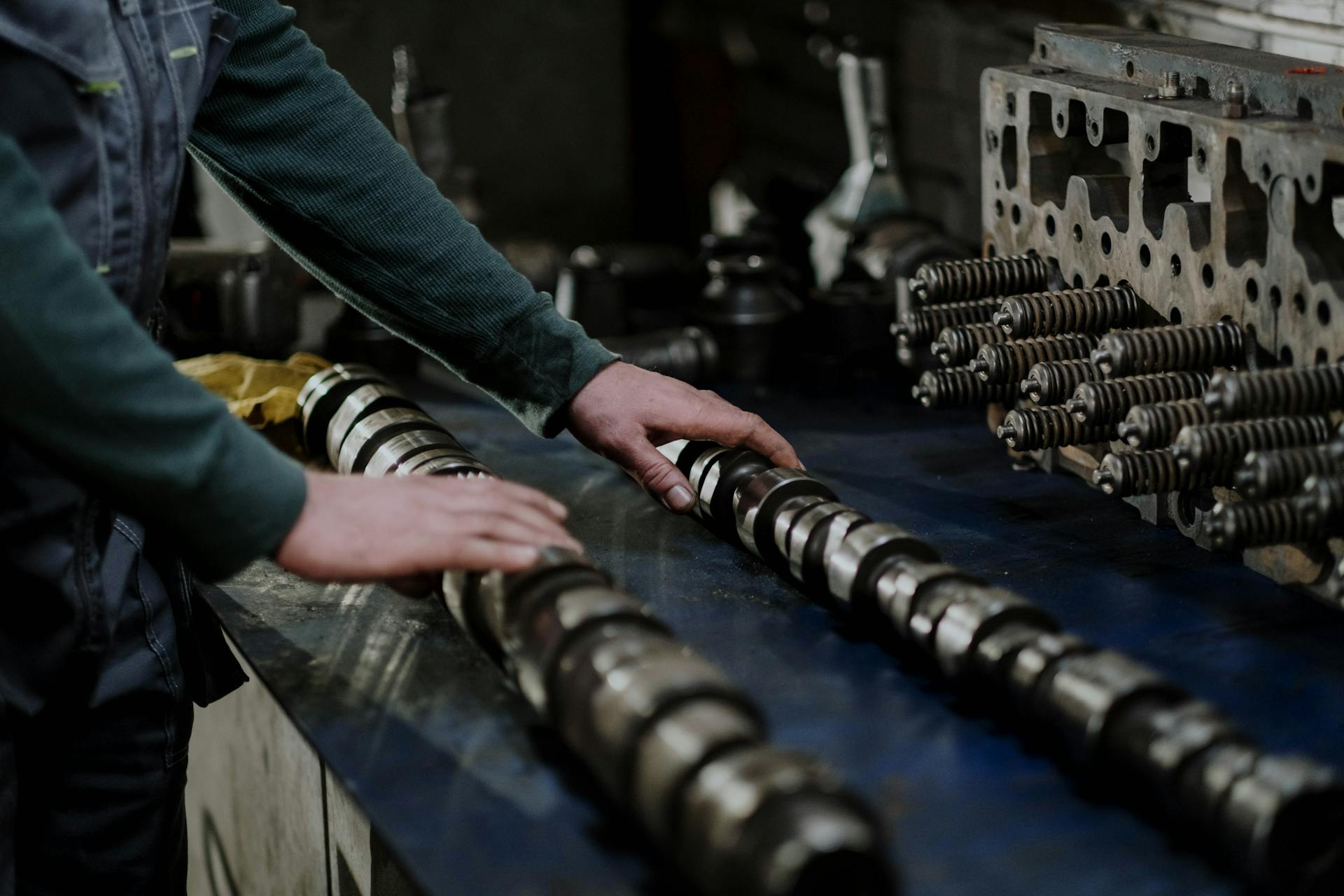
February 8, 2026 What To Ask Used Car Parts Dealers Befor...
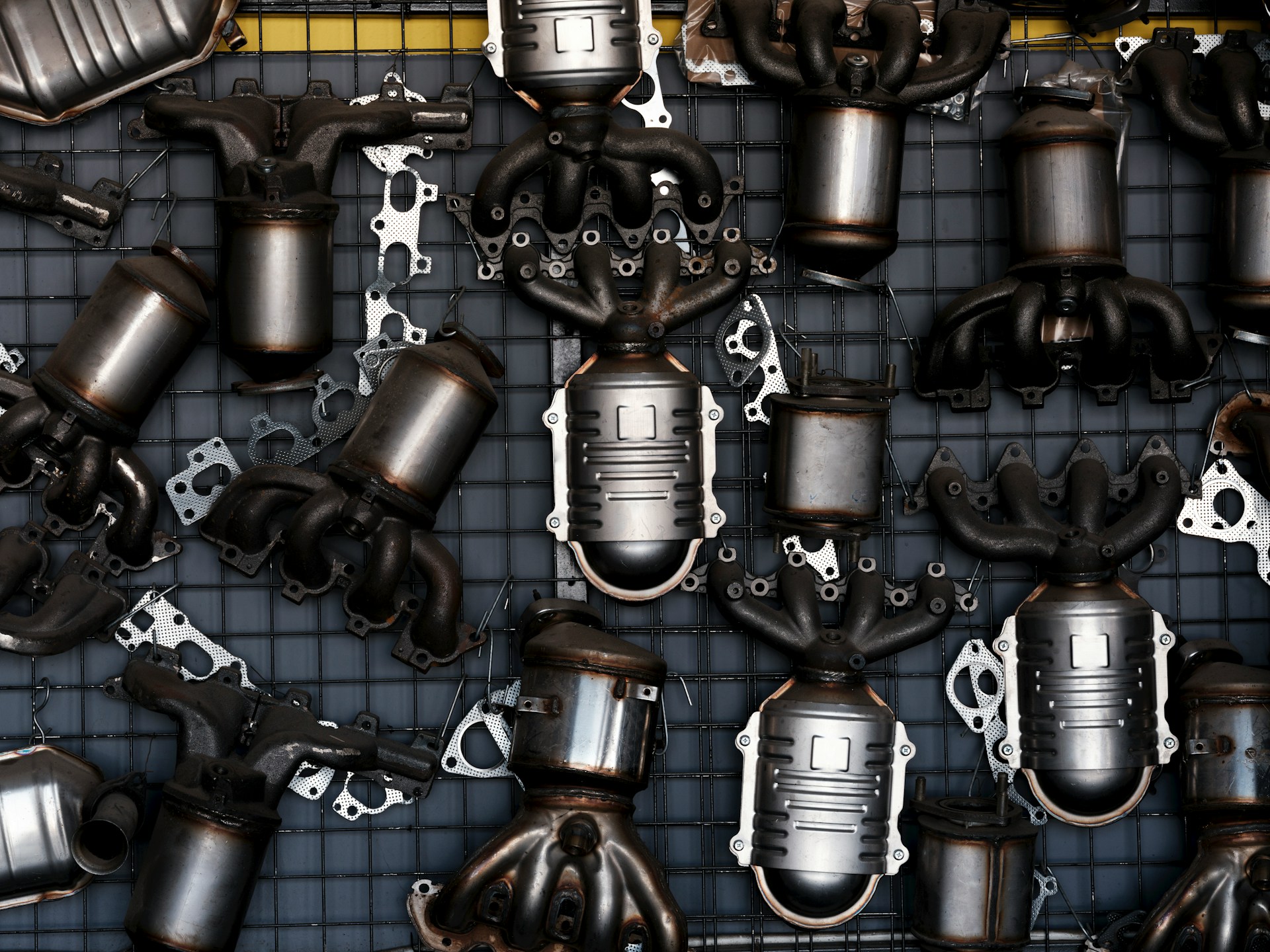
How Used Vehicle Spare Parts Help With C...
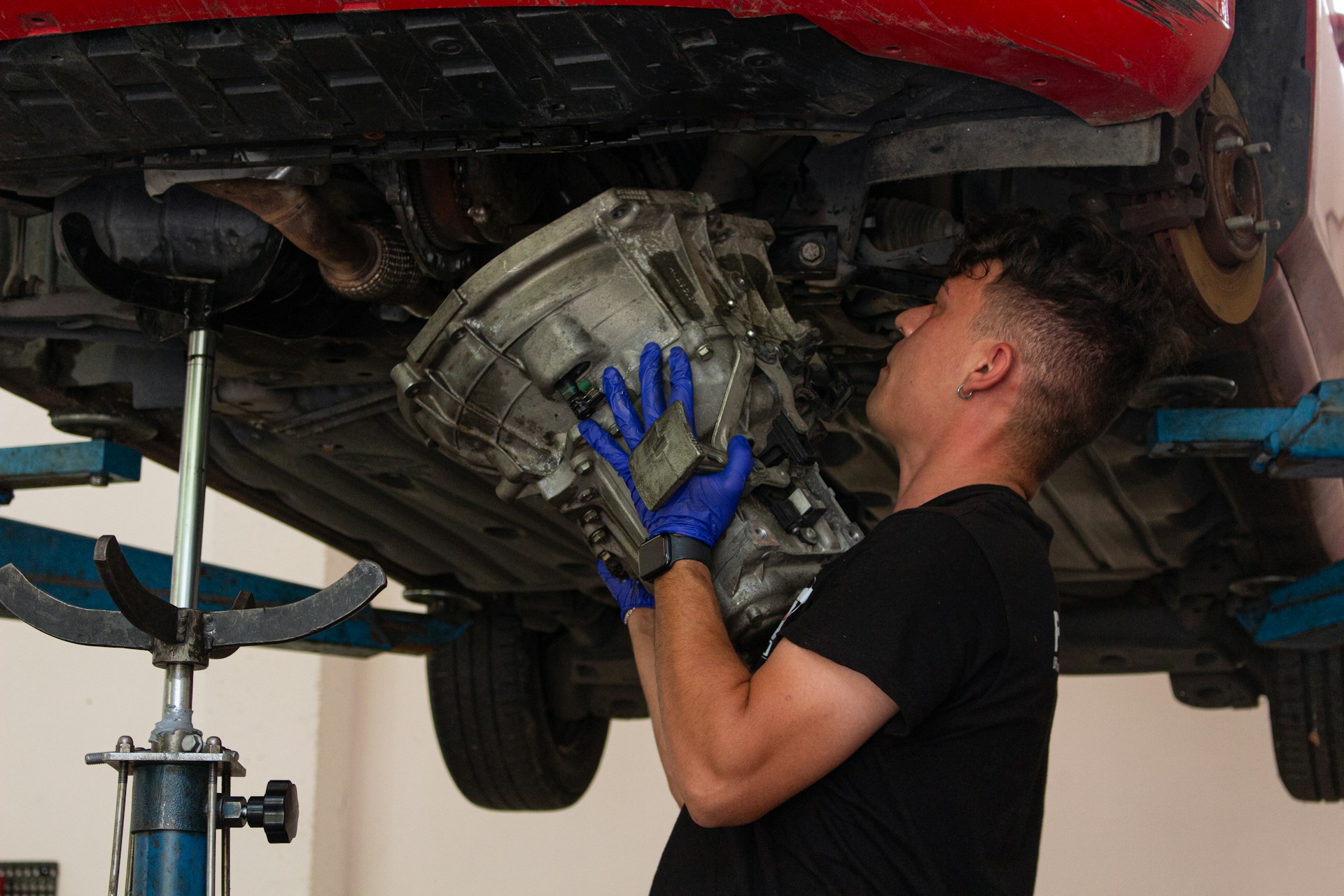
February 1, 2026 Where To Start With Used Parts In Housto...
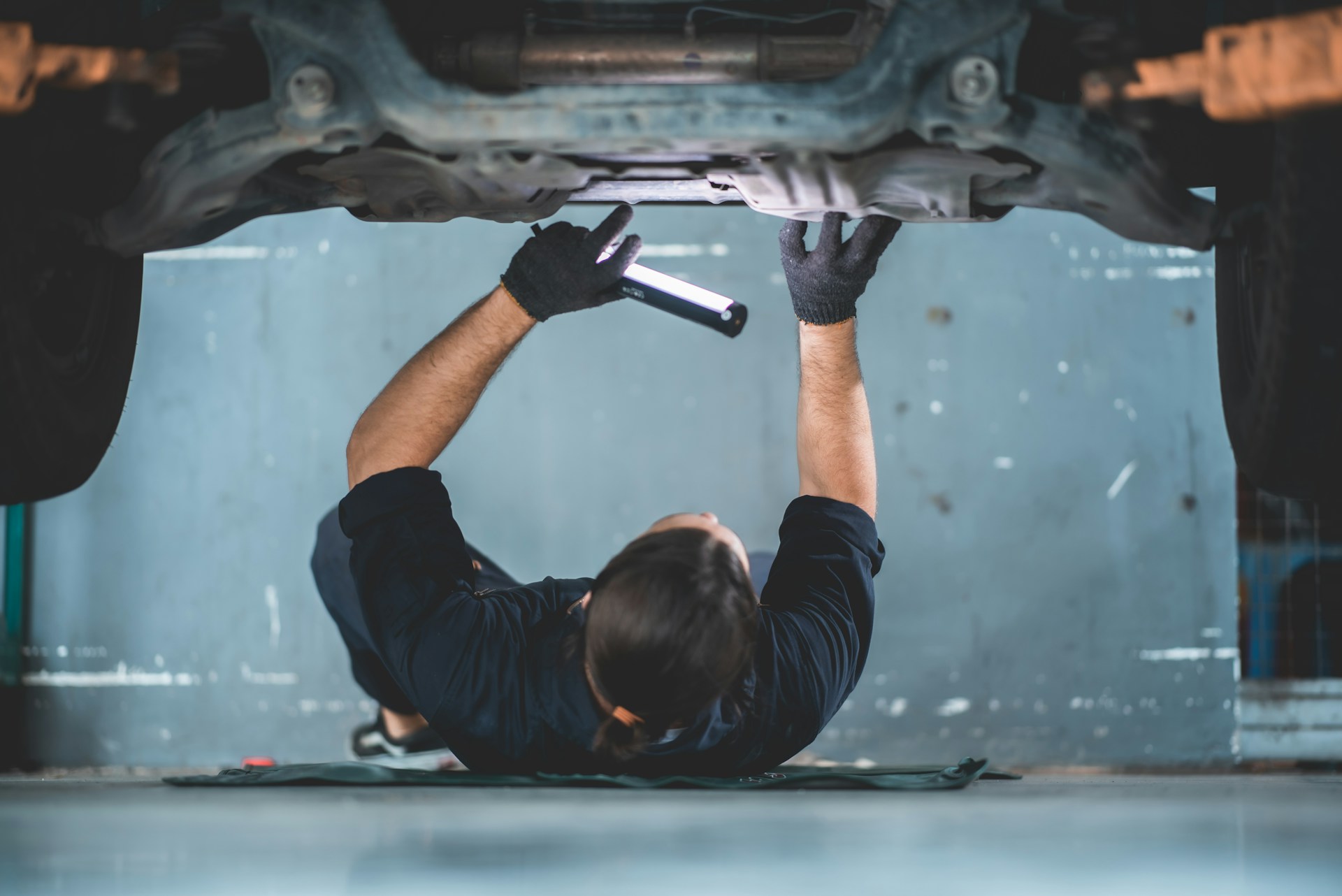
What To Expect From Car Parts In Houston...
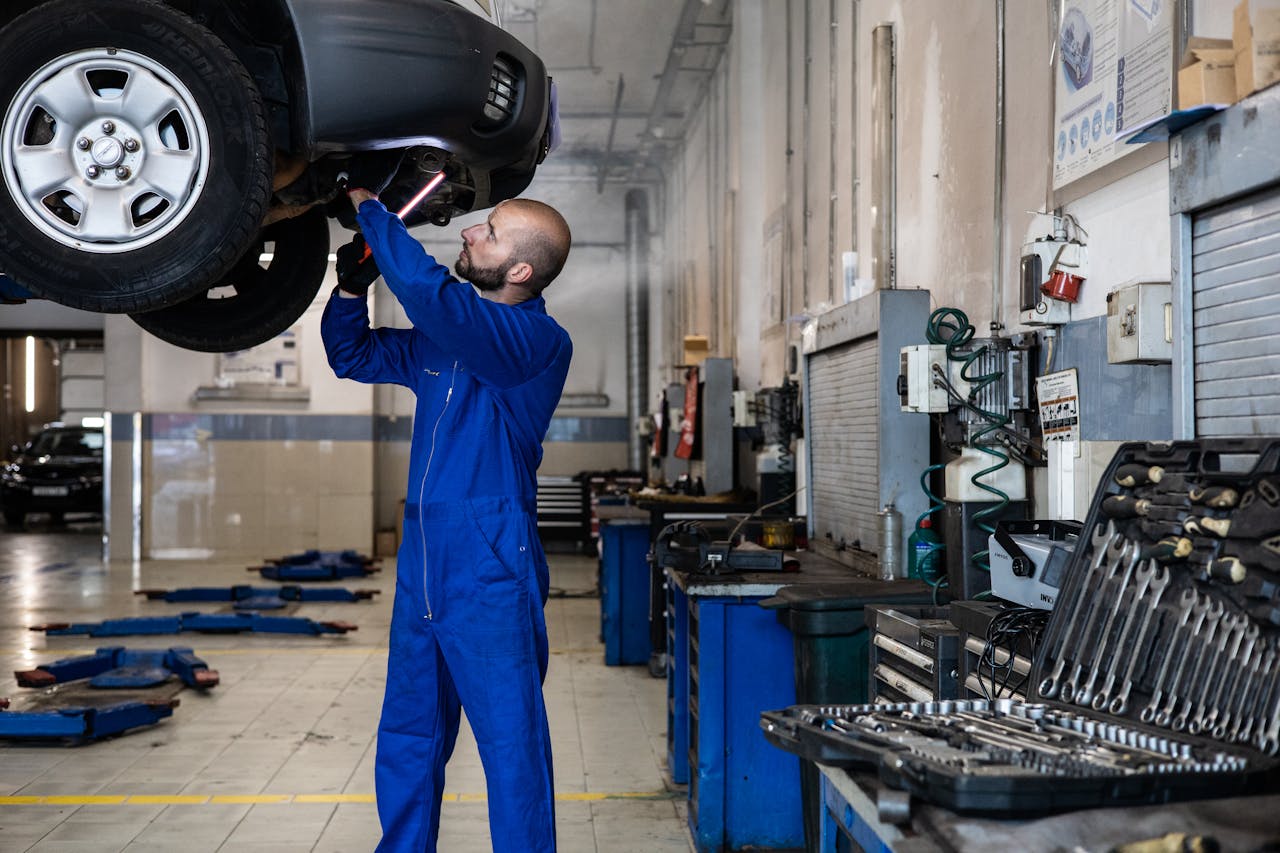
January 25, 2026 Why Used Auto Parts Matter More During W...

Hidden Risks Of Salvage Car Parts In Hou...

January 18, 2026 The Right Time To Buy Used Parts In Hous...

January 11, 2026 Everything To Know About Used Diesel Eng...
Leave a Reply
You must be logged in to post a comment.